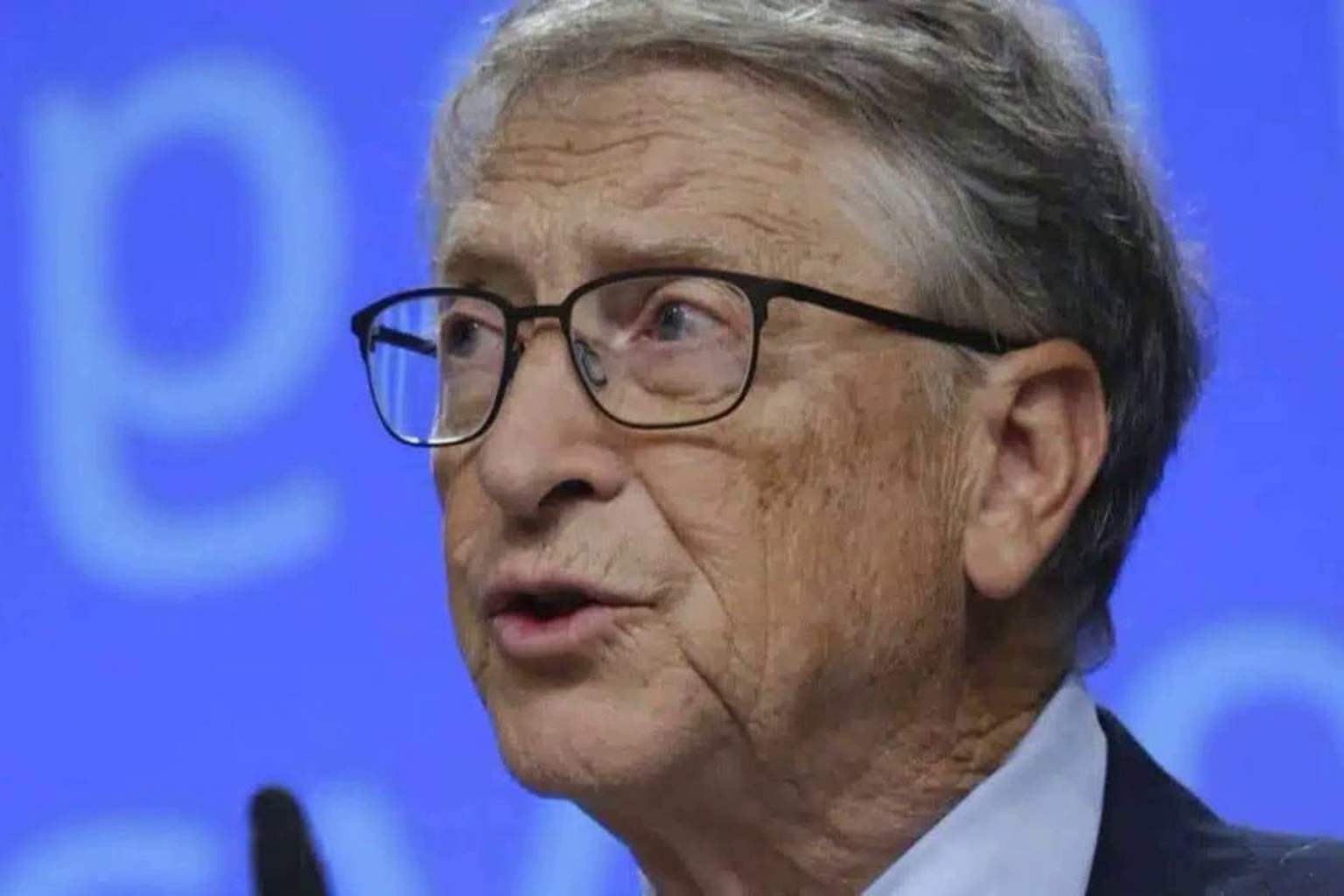Even as artificial intelligence transforms the way we work, some jobs remain steadfastly human. Bill Gates, the cofounder of Microsoft and a leading voice on technology, has made a fascinating claim: programming will continue to be a 100% human profession, even a century from now. This bold statement challenges us to think deeply about which roles AI can never truly replace.
A balanced look at AI’s impact on the workforce
Bill Gates openly shares the anxiety many feel about the rising influence of artificial intelligence. In a recent interview with France Inter, he admitted, “I’m scared, too.” This honesty highlights the complex feelings surrounding AI’s rapid growth.
At the same time, Gates emphasizes the promise AI holds. The World Economic Forum estimates that AI could cause the loss of approximately 85 million jobs worldwide by 2030. But on a hopeful note, emerging technologies may create about 97 million new roles across various sectors. This shift promises to reshape the workforce in challenging but potentially rewarding ways.
The big question becomes: how can society guide these changes so that AI benefits everyone? Gates envisions a future where AI dramatically boosts productivity and “leaves us plenty of free time” if we manage it well. That’s a hopeful vision, one that invites us to reconsider whether work might evolve into something less about survival and more about personal fulfillment.
Why programming remains uniquely human
Amid all the jobs Gates discussed, programming stands out because of its resistance to full automation. He points to the unique human traits behind programming—creativity and judgment—that no machine can replicate.
Sure, AI can automate repetitive tasks like debugging code. But the heart of programming—innovative problem-solving and the crafting of novel solutions—depends on deep human insight. Writing code isn’t just about typing commands; it’s about understanding complex issues and devising tailored answers.
Reflecting on my own experience learning to program, I remember how my biggest breakthroughs came not from following rules but from making creative leaps and seeing connections an algorithm could never find. That personal creativity is what makes programming an enduring human craft. AI will be a powerful tool, but it won’t replace the creative human mind.
How AI is reshaping other professions differently
Programmers aren’t the only ones navigating this AI revolution. Gates also highlights sectors like energy and biology, where deep human expertise still protects jobs from being fully automated. These fields require nuances and ethical judgments that AI can’t handle.
On the flip side, certain roles face tougher challenges. Jobs like administrative assistants and graphic designers can be disrupted heavily by generative AI tools, which make routine tasks faster and cheaper. This means workers and companies must rethink traditional job roles and responsibilities.
The future workplace looks less like job elimination and more like constant adaptation. Many people will need to update their skills continuously and learn how to work hand-in-hand with AI technologies.
This viewpoint aligns with recent research from France Travail, which stresses the importance of human-critical thinking and complex problem-solving in technical fields. These are the skills that create a buffer against AI takeover. Gates remains optimistic that intellectual professions with these qualities will continue to thrive.
Lessons from the changing work landscape
From personal experience, I’ve learned that staying curious and open to new skills is essential when facing rapid change. AI can feel intimidating, but embracing it as a tool rather than a threat makes all the difference.
How do you see AI affecting your career or daily work? Do you believe some professions like programming will always require a distinctly human touch? These are important conversations as we navigate this evolving landscape.
Share your thoughts below and help continue this vital discussion by sharing with friends. Together, we can explore what the future of work might really mean for all of us.
